Propel provides innovative insurance solutions to thousands of companies across the country. We make it our business to know your world inside and out.
Senior Care
Senior Care & Healthcare Facility Coronavirus Resources
Whether you are a senior care community or another healthcare facility, it is essential to remain knowledgeable and aware of the best ways to prepare for the possibility of a coronavirus outbreak. Here is what senior care communities should be considering to proactively address Covid 19.
In order to prepare for a potential disruption of local services for you and your communities secondary to the coronavirus or similar illnesses, the Department of Health and Human Services has recommended the following:
- Consider having a least a two week supply of food and water available in the event services are disrupted. ( Soups, canned tuna, crackers are good choices for non-perishable items). Follow your leadership team and local health authority guidance for your building with regard to preparing for your residents.
- Be sure you have plenty of any prescription medications (30 or 90 day supply is recommended). It is cycle fill time for our house pharmacies, so we should be ok on that front. Please check with residents to make sure (if they use private pharmacies) to ensure they have plenty of medications.
- TIPS FOR STAYING WELL for all employees: Wash hands, avoid touching your face, get your flu shot, stay home if you are sick, disinfect surfaces (doorknobs are a big culprit) with an antiviral cleaner, cover mouth and nose if coughing or sneezing, use alcohol gel sanitizer (Purell is a good one, as it is 60 % alcohol), and get in touch with your doctor if you experience worsening of symptoms. Sick staff should stay home. Isolate ill residents in their apartments and use disposable items, cutlery, etc. for the delivery of meals.
- Remember that regular surgical masks do not protect you completely from the virus, nor do they prevent spread. Stay home if you are ill! Consider the purchase of N-95 masks, additional gloves, and additional hand sanitizer (60% alcohol – like Purrell) to be prepared in the event residents are ill and we have to care for them in house.
- Remind staff (if you are in a building): If you are using gloves to provide care, dispose of those BEFORE leaving the resident ‘s apartment and wash your hands; wear gloves if you are transporting soiled laundry and hold the laundry away from your body (put soiled laundry in a bag before transporting); make sure dishwasher temps are at or above required temperatures – or that PH readings in those symptoms are at the required PH.
- If residents return to you post-hospitalization for coronavirus, the recommendation is to continue isolation for an additional two weeks post-infection.
- Subscribe to updates from local and state health authorities.
- Stay in touch with residents and their families and staff to ensure they are informed. Post signs to encourage good handwashing and reminding staff and families not to come to the community if they are symptomatic. Use concierge and front desk attendants to be vigilant regarding having guests use sanitizer prior to and after visiting and to watch for staff/visitors who may be symptomatic.
- Consider holding a resident council meeting and family town hall to discuss what the community is doing to protect the residents.
Check out these additional resources:
- American Senior Housing Association|HansonBridgett “CoronaVirus Preparedness and Response for Senior Living Communities”
- Centers for Disease Control and Prevention “Prevention & Treatment”
- World Health Organization- Western Pacific Region “The COVID-19 Risk Communication Package for Healthcare Facilities”
- World Health Organization- Western Pacific Region “Information sheet about COVID-19“
- OSHA “COVID-19: Overview”
- “Inservice: Infection Control. Wide-Spread Illness-Respiratory and/or Gastro-Intestinal Outbreak- Additional infection control best practices for community associate training”
- Front Door Flyer


